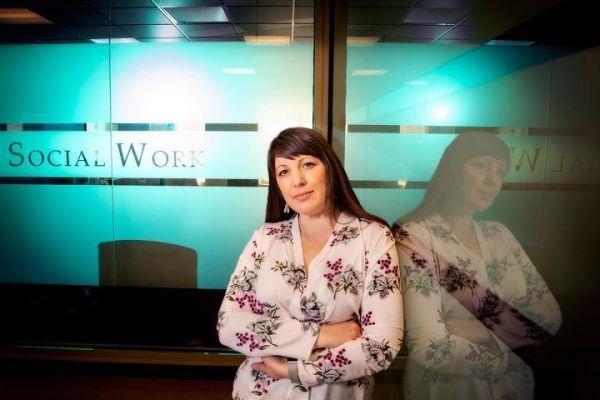Repeated disasters and environmental changes on Louisiana’s Gulf Coast are rapidly eroding the land, and along with it, an Indigenous tribe’s ability to sustain its culture, health and livelihoods, new research suggests.
Shanondora Billiot, a professor of social work at the University of Illinois, interviewed 160 members of the United Houma Nation living in Terrebonne Parish – one of six districts in the tribal service area bordering the Gulf of Mexico – about the effects of climate change and land loss on their families.
The Gulf Research Program of the National Academies of Science, Engineering and Medicine recently awarded Billiot an Early-Career Research Fellowship to support her ongoing research on the Houma tribe.
Billiot spent six months in the community recruiting study participants, lingering at marinas, docking stations, commodity distribution sites and other places where tribe members gathered to talk.
Read more at University of Illinois at Urbana-Champaign, News Bureau
Image: Social work professor Shanondora Billiot studies the United Houma Nation's experiences with climate change and the impact it is having on tribal culture and members' health and well-being. (Credit: Photo by Fred Zwicky)


